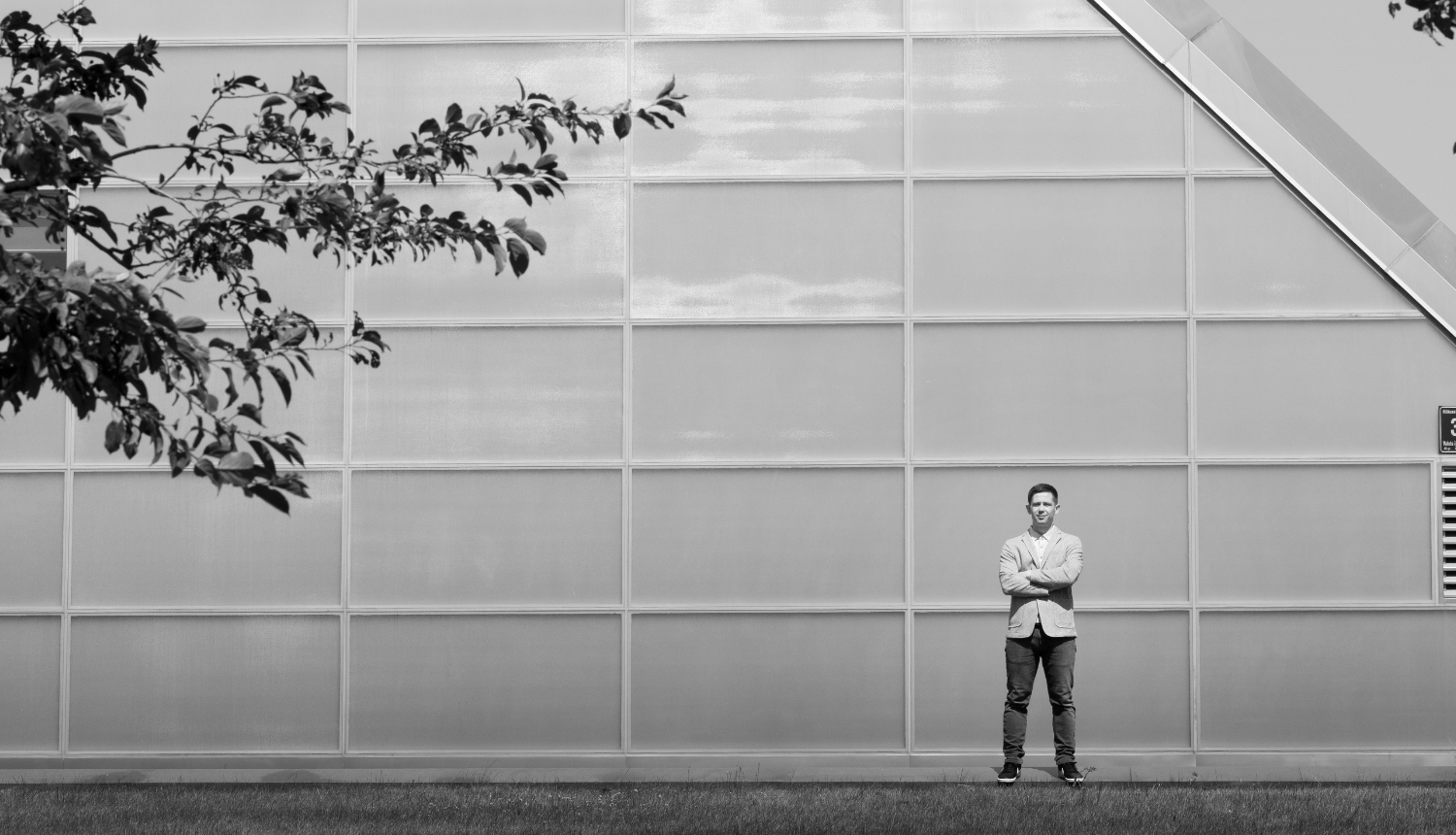Dr. sc. ing. Rihards Novickis, Leading researcher, Robotics and Machine Perception Laboratory, Institute of Electronics and Computer Science.
Research is a creatively intuitive process and the research team is a small ensemble, each with its own instrument and role to play in creating a great sound.
Rihards and the research group he leads work on the synthesis of innovative digital diagrams, new sensors, image processing and heterogeneous single-chip systems. In 2018, he and his colleagues received a certificate of recognition from the Latvian Academy of Sciences for one of the most significant Latvian scientific achievements – an original approach to transforming artificial neural network architectures into programmable logical arrays. In 2022, the young scientist defended his PhD thesis “Investigation and implementation of stereo-vision algorithms in a heterogeneous embedded system”. He is currently leading the Horizon Europe project “Go IT!”, which aims to find solutions to establish and develop an open chip ecosystem in Europe and worldwide, to have an impact on the lives of all people – just like free and open source enthusiasts do. For example, the Linux open operating system runs on a wide spectrum – from a simple controller to supercomputers and even space.
He considers himself a system architect, whose work is based on intuition as much as mathematical knowledge.
His research group is not only programming, but also thinking about how to improve the various algorithms that have so far only existed in software format and how to incorporate them into digital diagrams. One of the benefits is a reduction in the size, weight and power consumption of electronic devices.
Rihards and his colleagues also mathematically describe and integrate into technology processes that operate in nature, in the human body, such as stereo vision and the principles of neural networks. Artificial neural networks are rapidly being applied in many areas of life – transport, manufacturing, medicine and more. Stereo vision is already widely used in industrial process automation and provides spatial perception for industrial robots, drones and mobile devices.
The scientist admits that chip design and programming is much more complex than “conventional” programming – it requires special knowledge and skills, as well as the ability to take into account more factors and make more precise calculations, so there are not many specialists with such competences.
But what fascinates and never ceases to amaze in their research work is precisely this creativity of challenge and the possibilities for continuous growth, which maintains a kind of addiction and a joy of discovery.
Deep in the world of technology, the researcher recognises that there is no guarantee that it will continue to develop indefinitely and at the same pace – a fundamental change in thinking is needed to continue its current growth. The classical approach to algorithmic computation has largely exhausted its potential and society can no longer rely on improvements in semiconductor manufacturing. Continuing technological progress requires creative people who can invent and implement fundamentally new ideas. Rihards’ ambition is to grow Institute of Electronics and Computer Science into a Silicon Intellectual Property Development House (SilHouse) with a worldclass technical reputation.
Rihards once thought about becoming a musician and still plays the saxophone. There were a few saxophone virtuosos who made him realise the seemingly simple truth that if you want to achieve something, you have to work systematically and persistently, dedicating all your time to it.
Rihards says that he is best at creating a common vision, putting everything together and systematising it. He is disciplined and focused. His research career has developed rapidly and he greatly appreciates the opportunities provided by the Institute of Electronics and Computer Science and the trust and support of the management in times of doubt and reflection.
The project "Research Latvia 2024" is implemented within the framework of the ERDF project “Integrated National Level Measures to Strengthen the Representation of Latvian Research and Development Interests in the European Research Area”, No. 1.1.1.5/17/I/002.
